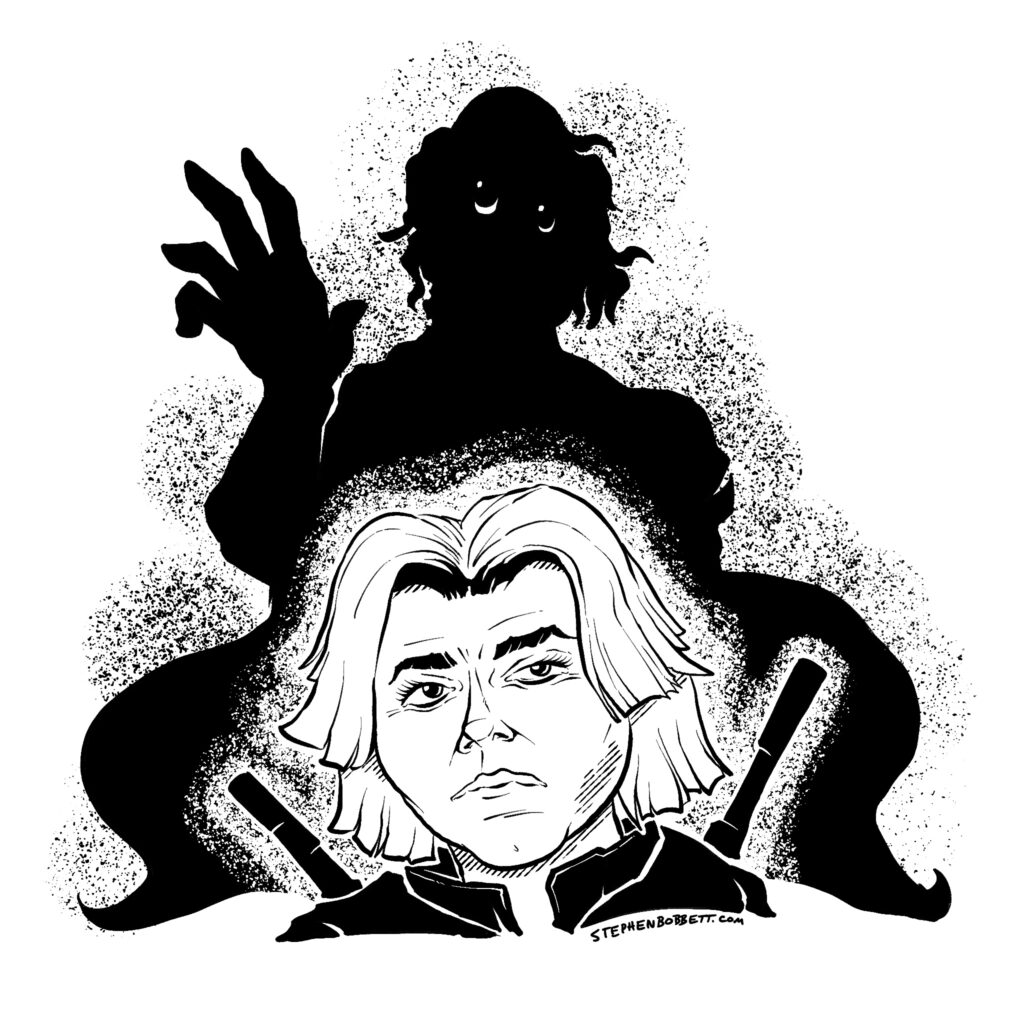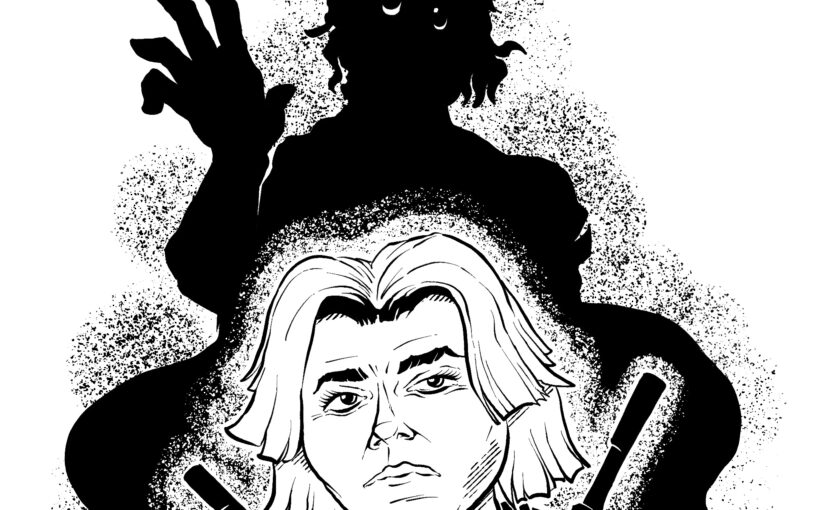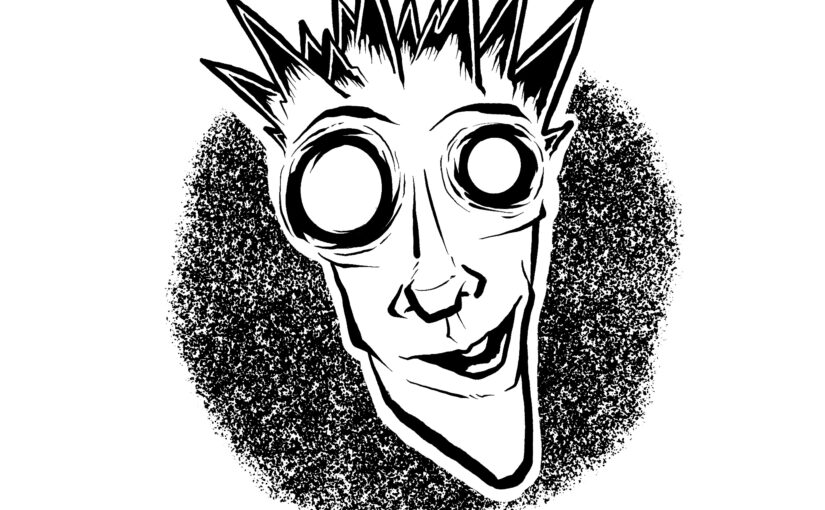
Martin Scorsese once described Marvel films as less than cinema and more like roller coasters. Even though I’m a fan of them, I tend to agree. Since the beginning with Iron Man, I’ve taken the time to watch them in theaters. When I do, I’m not looking for the complexity and depth of a Dostoevsky novel. I’m looking to sedate my brain for a couple of hours, popcorn and soda in hand, ready to just enjoy the ride.
But every once in a while, a Marvel property hits an emotional note with such earnest simplicity that it has to be more than just a theme park attraction. WandaVision gave us a portrait of mourning with a slice of poetry—“What is grief if not love persevering?”—that stayed etched on my heart years later. I refused to watch Guardians of the Galaxy Vol. 3 in public, knowing the story of a cyborg raccoon (of all things) confronting his core trauma was going to send me into a sobbing fit.
Who would’ve thought the next Marvel tearjerker would be Thunderbolts.
In truth, this movie was always going to be a sucker punch for me. I love ensemble stories that center on secondary or throwaway characters. And I love superhero movies with lower stakes than universe-ending catastrophes. This movie has the added juice of Florence Pugh and David Harbour reprising Yelena and the Red Guardian, whose debut shined in the otherwise unremarkable Black Widow movie.
But what this movie did better than almost any other Marvel property is pick a theme and knock it out of the park. From the start with Yelena practically sleepwalking off a building and bemusedly ambling through an adrenaline-fueled solo heist, this movie wants you to think about loneliness. The color palates are desaturated and monotone. The characters endure flashbacks to their most sequestered moments. The lead-up to the climax of the film has the Thunderbolts literally breaking through walls of their psychological torment to save each other.
But nowhere is this theme driven home harder than in Bob’s story. Him being absorbed by his alter ego the Void the more he tries to beat it senseless—and it receding only when Yelena and the others embrace him—caught my emotions off guard. I’m a sucker for an unconventional superhero climax in general, but this one really anchored itself in my head.
Melodramatic as it was, it’s the kind of blunt instrument I need sometimes, that community is the only remedy to isolation. Believe it or not, you can’t fight loneliness alone. It’s such an obvious statement to most people. But for me, it takes a superhero blockbuster to remember. I’ll take it.





